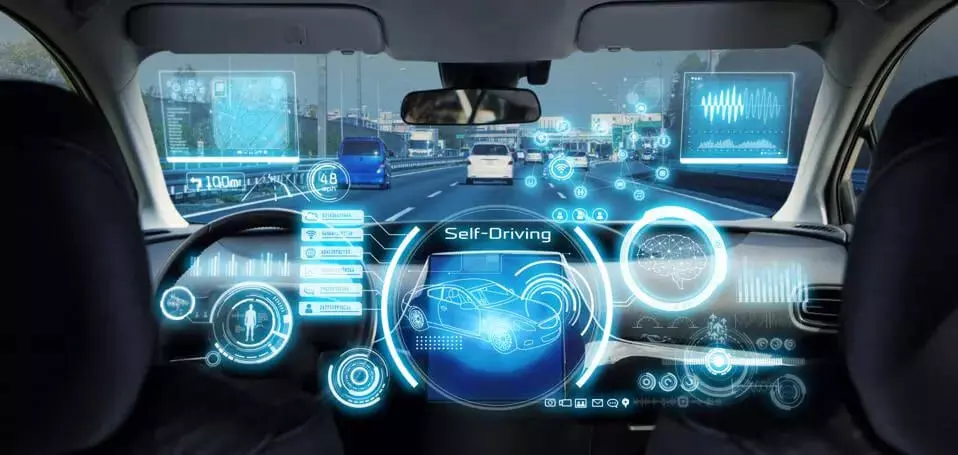
Driverless cars fail to detect dark-skinned people, kids: Study
text_fieldsLondon: A new study has uncovered significant issues related to the detection systems of autonomous driverless vehicles, revealing that kids and dark-skinned pedestrians are at higher risk on the street, as these systems are worse at detecting them than lighter-skinned people.
The researchers at King's College in London, in their study, conducted a fairness analysis of eight different AI-powered pedestrian detectors trained on "widely used, real-world" datasets.
"Autonomous driving systems are on track to become the predominant mode of transportation in the future. However, these systems are susceptible to software bugs, which can potentially result in severe injuries or even fatalities for both pedestrians and passengers," said Jie Zhang, a Kings College lecturer in computer science and a co-author of the study.
The researchers found through testing over 8,000 images through these pieces of software that detection accuracy for adults was 19.67 percent higher compared to children, and there was a 7.52 percent accuracy disparity between light-skinned and dark-skinned individuals.
However, gender showed only a difference of 1.1 percent in detection accuracy.
They also found that the detection performance for the dark-skin group decreases under low-brightness and low-contrast conditions compared to the light-skin group, in other words, night. For instance, the difference in undetected proportions increases from 7.14 percent to 9.86 percent between daytime and nighttime scenarios.
"Fairness issues in autonomous driving systems, such as a higher accuracy in detecting pedestrians of white ethnicity compared to black ethnicity, can perpetuate discriminatory outcomes and unequal treatment based on race," the researchers said.
"This can result in harm to individuals belonging to marginalised groups, further exacerbating existing social inequalities. Therefore, it is crucial to prioritise fairness testing in autonomous driving systems," they added.
With inputs from IANS























